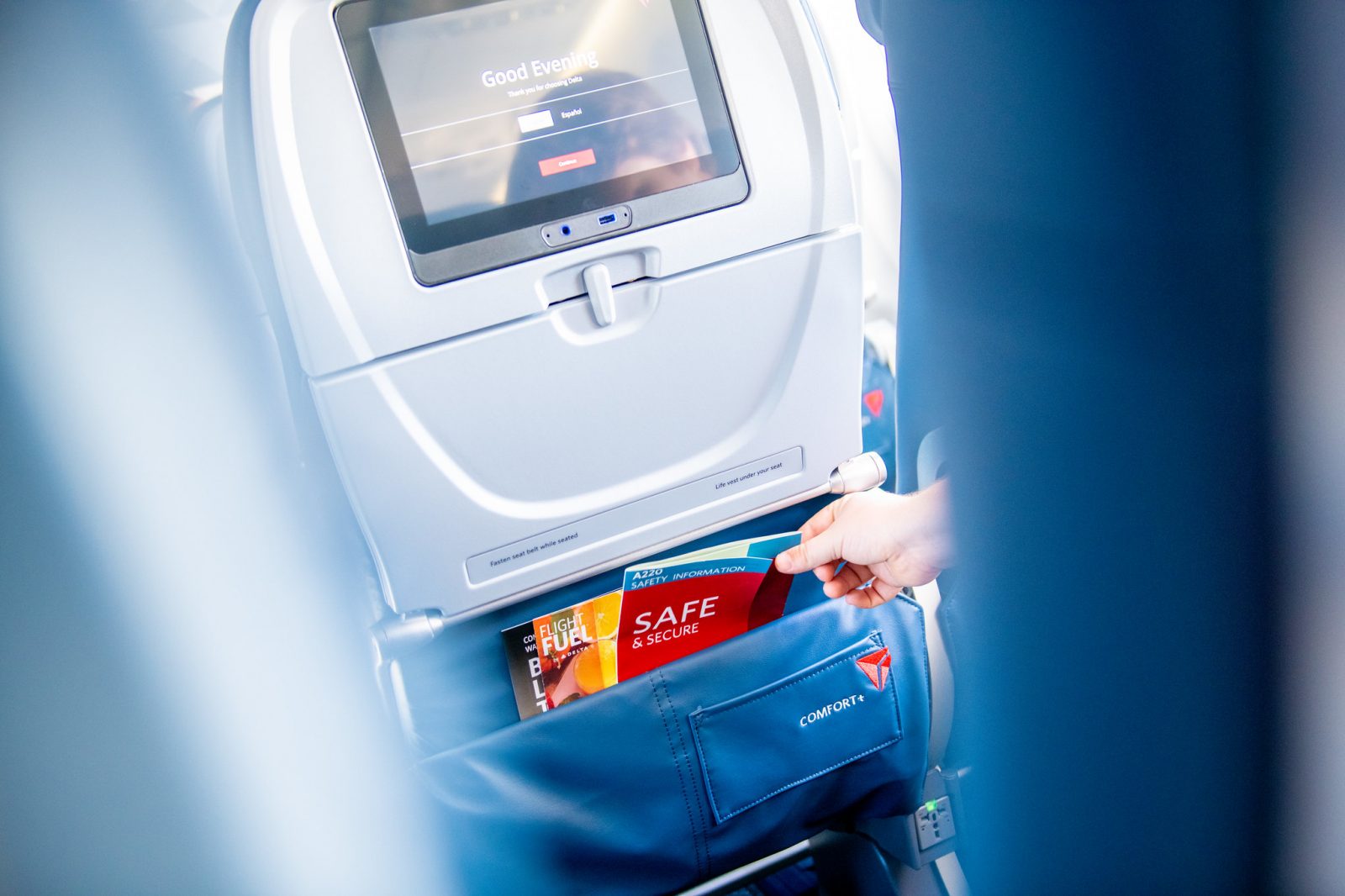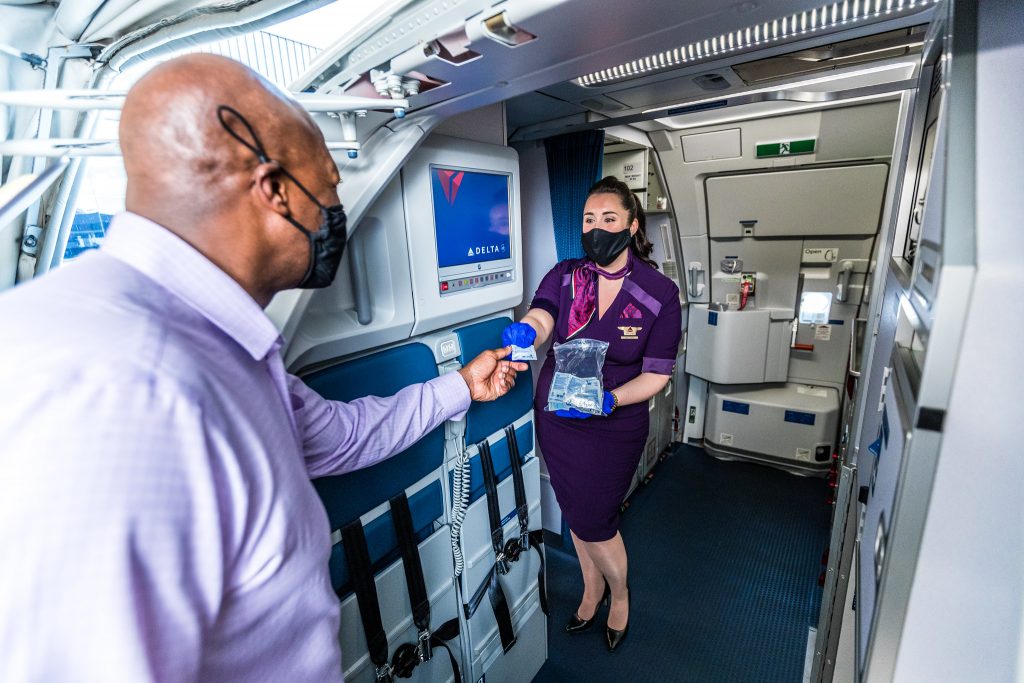
Delta Air Lines will become the only U.S. airline to continue blocking middle seats, extending its commitment to give passengers more space on its flights until March 30, 2021. In recent weeks, both Southwest and jetBlue announced they would lift capacity caps even as cases of COVID-19 surge across much of the United States.
“We recognize some customers are still learning to live with this virus and desire extra space for their peace of mind,” explained Delta’s chief customer experience officer Bill Lentsch on Wednesday. “We are listening and will always take the appropriate steps to ensure our customers have complete confidence in their travel with us.”

The Atlanta-based airline was one of only a few U.S. carriers at the outset of the Corona crisis to cap capacity on its flights. Initially, it was widely expected that passengers would demand social distancing on flights through the mandatory blocking of middle seats, although in many countries the policy never took off.
Airlines instead implemented mandatory face mask policies and pointed to other protections like powerful HEPA air filters that cleanse the onboard air multiple times per hour. In the end, aviation regulators were convinced these measures were enough and never imposed social distancing policies.
Delta, jetBlue and Southwest Airlines, however, saw capping capacity by blocking middle seats as a way to increase customer confidence in the safety of air travel. And as passenger numbers tumbled it was relatively easy to keep on blocking middle seats without impacting revenue anymore than it was already being hit by the pandemic.
Last month, Southwest said it would scrap capacity caps beginning December 1. The airline cited a greater understanding of the virus and multiple studies that had demonstrated the safety of air travel without the need for blocking middle seats for its decision.
jetBlue, meanwhile, will slowly increase capacity through to January 8, 2021. Capacity is currently capped at 70 per cent but that will increase to 85 per cent from December 1, meaning that more passengers will be sat next to strangers.
Both United and American Airlines never bothered capping capacity but at the beginning of the pandemic, the two airlines said they wouldn’t sit strangers next to one another if there was enough room onboard. Passengers are also notified if their flight is busy and given the option to rebook onto an alternative service.
Controversially, United’s chief communication officer Josh Earnest suggested in July that blocking middle seats was a marketing gimmick, saying: “when it comes to blocking middle seats, that’s a PR strategy, that’s not a safety strategy.”
One mathematical study, however, claimed blocking middle seats could cut the risk of catching COVID-19 onboard a flight by as much as 50 per cent.
Mateusz Maszczynski honed his skills as an international flight attendant at the most prominent airline in the Middle East and has been flying ever since... most recently for a well known European airline. Matt is passionate about the aviation industry and has become an expert in passenger experience and human-centric stories. Always keeping an ear close to the ground, Matt's industry insights, analysis and news coverage is frequently relied upon by some of the biggest names in journalism.







